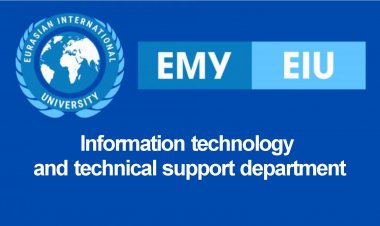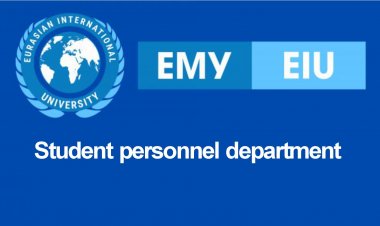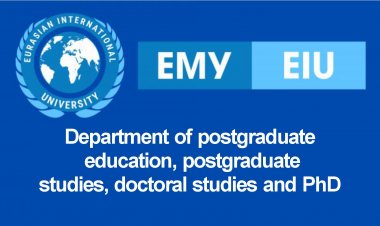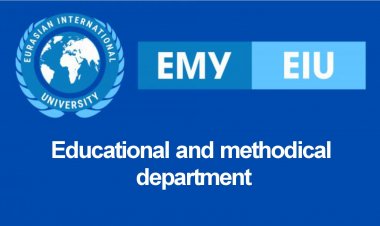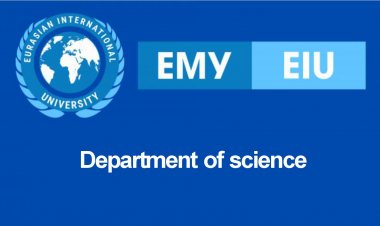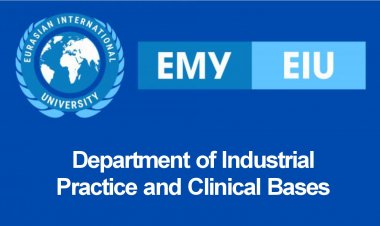Department of the state language, socio-cultural and educational work, and additional education
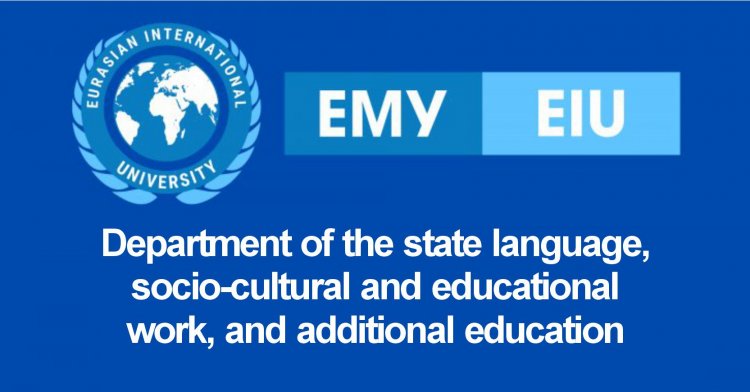
Department of the state language, socio-cultural and educational work, and additional education carries out comprehensive activities aimed at strengthening the role of the state language, developing the cultural environment, shaping students' spiritual and moral values, and implementing additional education programs. The Department promotes the harmonious development of personality, civic formation and cultural self-expression of students, as well as their comprehensive social adaptation.
THE MISSION
Formation of civic responsibility, patriotism, linguistic culture and social activity of students through systematic educational, cultural and educational activities in the spirit of national and universal values.
THE VISION
To be the center of the cultural and educational space of the university, which unites students on the basis of national identity, intercultural respect, personal growth and the desire for continuous learning.
STRATEGIC GOAL
The creation of an integrated educational system that promotes the strengthening of state identity, the development of social responsibility and the provision of opportunities for additional education for students.
STRATEGIC OBJECTIVES
- Promotion of the state language — holding events to popularize the Kyrgyz language, organizing courses and language clubs.
- The formation of a civic and patriotic position is the organization of programs and events aimed at fostering respect for the culture, history and traditions of Kyrgyzstan.
- The development of the university's cultural environment includes concerts, exhibitions, festivals, and support for student initiatives and creative projects.
- Social and educational work is the support of students in matters of adaptation, ethics, healthy lifestyle, prevention of offenses and antisocial behavior.
- Organization of additional education — implementation of extracurricular development programs: master classes, trainings, courses for personal growth and professional competencies.
- Cooperation with external organizations — interaction with public foundations, cultural centers, NGOs to expand educational and cultural work opportunities.

